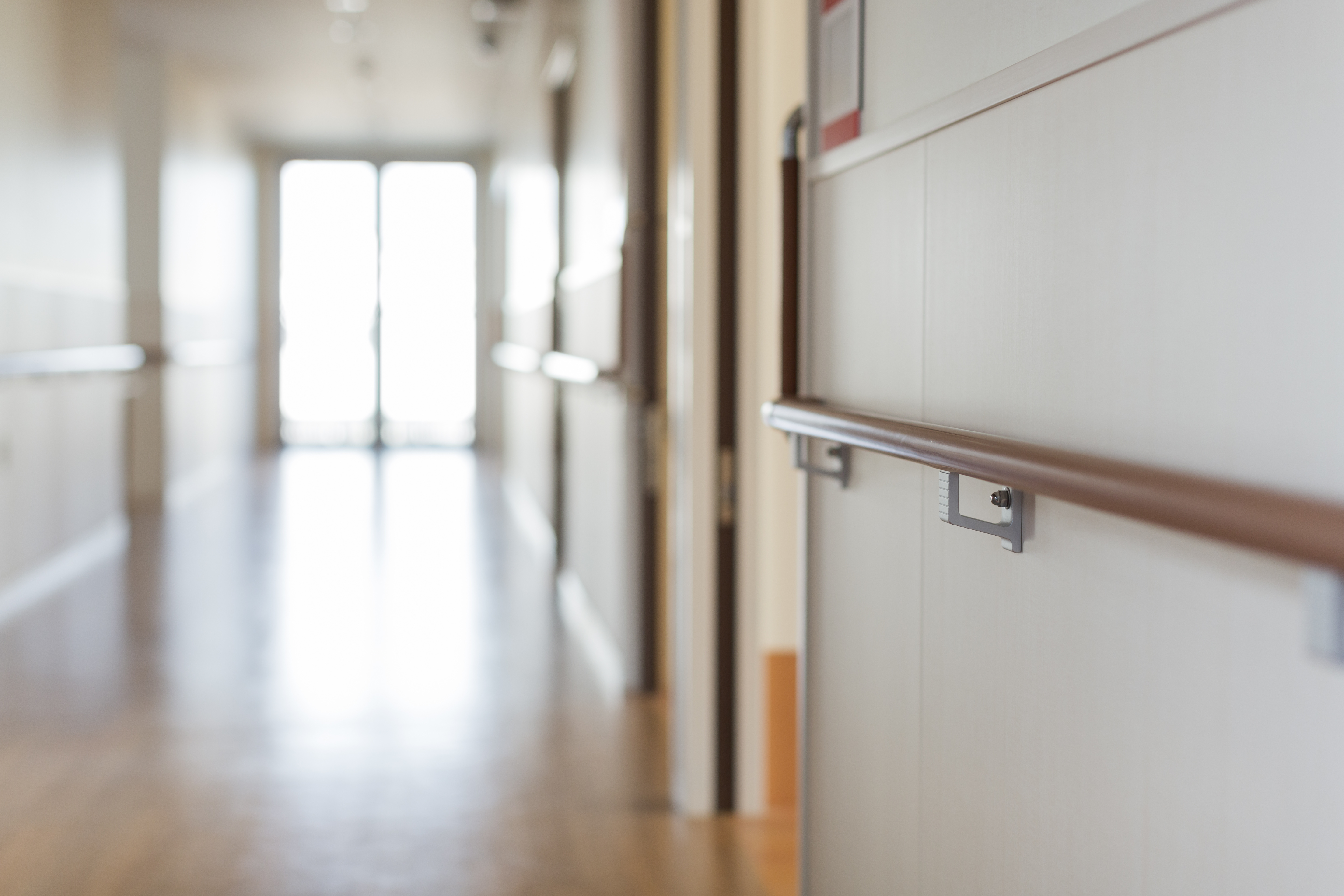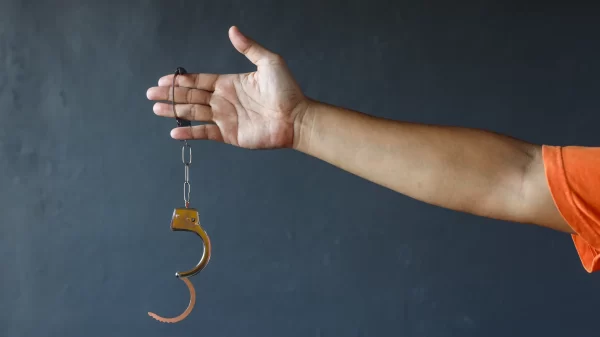Seniors in Alabama are among the most vulnerable to COVID-19, and the isolation caused by the social distancing needed to keep them safe comes with its own set of special problems for them, according to state experts on senior care.
Those experts spoke about the needs of Alabama seniors amid the COVID-19 crisis during a Alabama House Democratic Caucus in a webinar session Tuesday.
Chandra Crutcher, executive director of the Huntsville senior aid nonprofit The Legacy Center, discussed a problem that became more clear after Gov. Kay Ivey’s stay-at-home order. Seniors living in independent living housing found themselves isolated and fearful, she said.
“The only reason that they’re not in assisted living is financial many many times, so they had extreme needs in these housing complexes, but visitors were restricted, and they were told not to leave,” Crutcher said.
Crutcher and a small group of staff donned masks, gloves and robes and checked on those seniors living alone, and began providing meals to many.
“Now we’re up to almost 400 a week that we’re feeding in subsidized senior living apartments. We’ve been able to provide everything from hospital beds to wheelchairs,” Crutcher said.
Crutcher said about 90 percent of the seniors they polled did not have internet access, and were getting minimal information on COVID-19.
“They weren’t able to communicate via the Internet to request a stimulus check if they didn’t file their taxes, which most of them didn’t. Some weren’t getting Social Security, and they were just in this dark hole,” Crutcher said.
Jean Brown, commissioner of the Alabama Department of Senior Services, said during the discussion that although Ivey’s order closed all senior centers, meals to seniors were still being provided curbside and through home delivery.
Brown noted that just more than 80 percent of the state’s 428 deaths as of Tuesday were of those aged 65 and older, and said that unfortunately these older residents are being protected through social distancing, which can result in isolation and comes with new hardships for seniors.
Rep. Chris England, D-Tuscaloosa, asked the panelists what they see as the biggest challenges ahead as the state begins to reopen following Ivey’s decision Friday to amend her safer-at-home order.
Crutcher said that over the weekend and on Monday she said she noticed more people in and around senior living facilities who were not wearing masks or using hand sanitizer stations set up throughout.
“I think that as people feel safe for themselves, they’re not taking into consideration what they could be transmitting to those who are vulnerable,” Crutcher said.
Crutcher also suggested that health care workers who work in seniors homes and in assisted living facilities and nursing homes be tested for COVID-19.
“That’s what kind of baffled me a little, because we were only letting the employees in. We weren’t necessarily testing them,” Crutcher said.
Crutcher said she receives phone calls from home care aides and caregivers on a daily basis who tell her they’ve been begging for testing.
“Home care workers are afraid to push the issue because they need their jobs,” Crutcher said.
“So that sounds like something we should be spending coronavirus relief money on,” said Rep. England said.
England was referencing a recent dustup between Gov. Ivey and Alabama’s senior Republican leadership, led by Senate President Pro Tem Del Marsh, R-Anniston, over around $1.8 billion given to the state to combat COVID-19’s impact through the federal CARES Act.
Republican leaders in Montgomery drafted a “wish list” that included a desire $200 million of the CARES money for a new State House.
In a statement, Ivey said the federal government did not intend for CARES Act money to build a new State House and threatened to forgo calling a special legislative session over the summer if the Republican leadership didn’t produce an itemized list of how they planned to spend the money.
A spokesman for Marsh told Daily Caller on Monday that Marsh was dropping any plans to use some of the CARES Act money to build a new State House.
Discussing mental health care among seniors during the COVID-19 pandemic, Crutcher said that her agency has had to get seniors treated for mental health problems at out-of-state facilities because some geriatric treatment facilities in Alabama closed after having confirmed COVID-19 cases.
“So most of them are opening back up now. Here in Huntsville, we’re able to either get them into the hospital or get them into geriatric psych in Huntsville or Decatur, but there were windows there at the beginning where we had to look at Tennessee for options,” Crutcher said.
Veterans with mental health problems in Alabama have been hit especially hard as many of the crisis centers for veterans closed during the pandemic, Crutcher said, and the mental health emergencies those veterans were having were made all the more serious because of the fear of the virus.
Additionally, once a veteran is able to get into an acute care facility for treatment, it’s difficult to get them released into other facilities once they’re stabilized because those facilities required the veterans to be quarantined before entering.
“Then, how you quarantine somebody with mental health issues?” Crutcher asked.
Crutcher said that thankfully the Madison County Probate Court continued to administer emergency Guardianships and commitments “but once you committed them, there was nowhere to go.”
“And so we definitely need to have more conversation around what happens when the creek rises because we were not prepared for those with mental health issues once everything had to shut down,” Crutcher said.
Anna Pritchett, associate state director of AARP Alabama, said she’s concerned over the high levels of stress and anxiety on family caregivers during the coronavirus crisis, as much of the network of home health care providers who normally assist them in caring for elderly family members “is just not there.”



















































